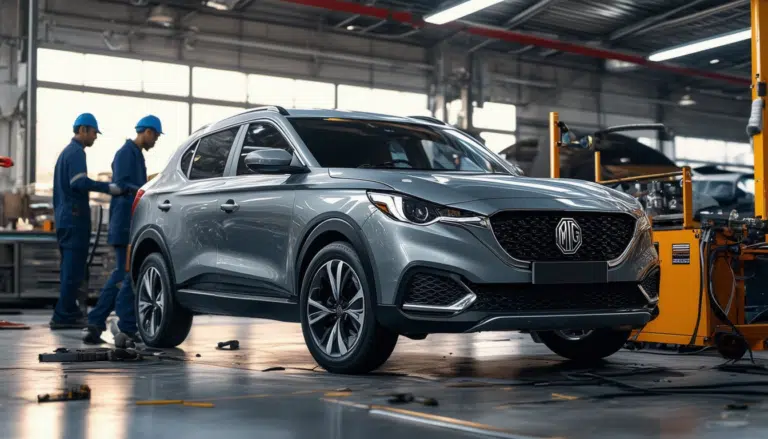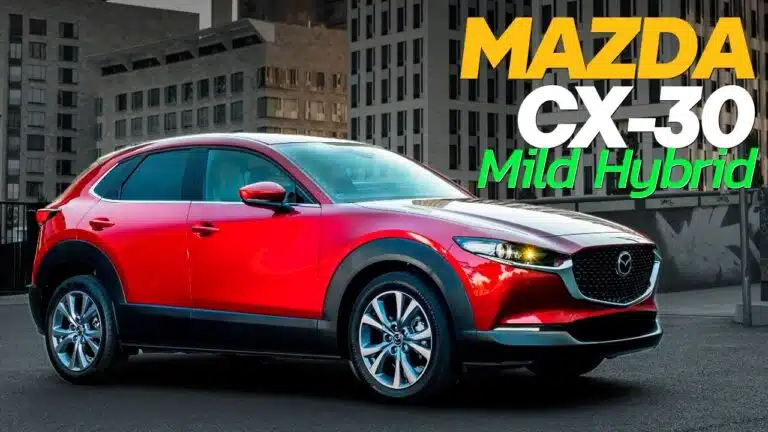Benefits of bicycles as an alternative to the car

The use of the bicycle presents itself as an ecological and sustainable alternative to the car, offering a series of benefits that go beyond simple transportation. Choosing the bicycle not only contributes to the reduction of air pollution but also promotes a healthier lifestyle by improving the physical and emotional condition of those who use it. In an increasingly congested world concerned about climate change, the bicycle stands out as a practical and effective solution to improve urban mobility and foster a cleaner environment.
The use of the bicycle has established itself as one of the best alternatives to the car, not only for its positive impact on the environment but also for the benefits it offers to the physical and emotional health of its users. In addition, it contributes to the improvement of urban mobility, helping to mitigate issues such as traffic congestion and environmental pollution.
Physical and emotional health
Riding a bicycle daily considerably benefits health. This aerobic exercise not only helps reduce blood cholesterol levels but also improves cardiovascular capacity. Additionally, it has been shown that exercising outdoors, such as cycling, can decrease levels of stress and improve mood, providing a general sense of well-being.
Environmental impact
The choice of the bicycle instead of the car plays a crucial role in the reduction of pollution. Bicycles are sustainable vehicles that do not emit harmful gases, so their use significantly contributes to decreasing air pollution. This not only promotes a cleaner environment but also helps reduce the noise associated with motor vehicles, creating more pleasant urban environments.
Efficient urban mobility
Bicycles offer mobility efficiently in urban environments. With speeds that can reach up to 30 km/h, they allow for easy adaptation to traffic without the need to take up additional space. Furthermore, cyclist infrastructures in many cities are improving, making these routes safer and more accessible.
Economic savings
Choosing the bicycle not only has benefits for health and the environment but also represents a significant economic saving. The maintenance cost of a bicycle is considerably lower than the expenses for fuel and maintenance of a car. Moreover, using the bicycle eliminates parking problems and reduces overall transportation costs.
Encouraging sustainable lifestyles
Incorporating the bicycle into the daily routine promotes a more sustainable lifestyle, encouraging social interaction and awareness of the environment. By adopting this means of transport, people are contributing to creating more sustainable communities that prioritize public health and the well-being of the planet. Initiatives that support bicycle use, such as those found in various cities, are clear examples of how to work towards a greener future.
Challenges and solutions
Despite all these benefits, there are some challenges associated with the use of the bicycle, such as the lack of adequate infrastructure or the need for greater awareness about safety. However, through effective urban planning and the promotion of strategies that favor its use, it is possible to overcome these obstacles and facilitate a shift towards more sustainable transportation.
For more information on the challenges and solutions, as well as promoting the bicycle as an alternative to save on fuel, you can find more details in this article.
In summary, the bicycle presents itself as a viable and beneficial option compared to the car, promoting health, the environment, and more efficient mobility in cities. As more people choose this mode of transport, the vision of a more sustainable future becomes increasingly possible.
The use of the bicycle as a means of transportation offers a series of significant benefits both for the individual and for the environment. By choosing the bicycle instead of the car, one directly contributes to the reduction of pollution. Bicycles do not emit harmful gases, which helps improve air quality in our cities. This is crucial, as air pollution is one of the most severe environmental problems we face today.
In addition to its environmental advantages, biking provides health benefits. This mode of transport promotes a more active and healthy lifestyle, helping to reduce cholesterol and improve cardiovascular health. Thus, it can strengthen emotional and physical well-being, as regular exercise releases endorphins that contribute to a better quality of life.
The bicycle is also an economic choice. Since it does not require fuel, transportation costs decrease significantly. This is especially beneficial during times of inflation or economic crisis. Furthermore, the bicycle offers great flexibility and mobility, allowing cyclists to reach their destinations quickly without needing to worry about parking or traffic issues.
By choosing the bicycle, one also contributes to the creation of more sustainable cities. Urban planning that encourages bicycle use not only improves the quality of life for citizens but also promotes a calmer and more friendly environment. In conclusion, adopting the bicycle as an alternative to the car is a decision that benefits both individuals and society as a whole.






